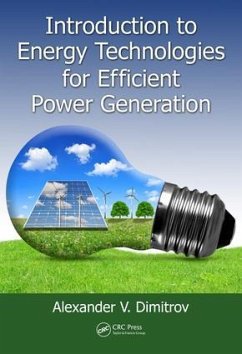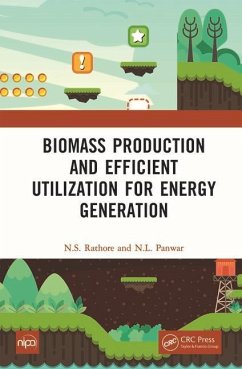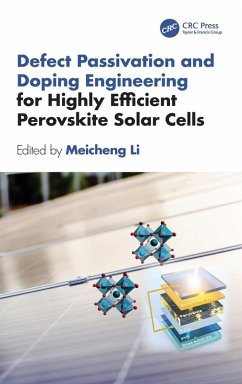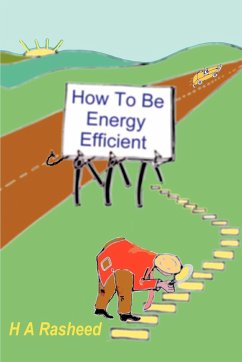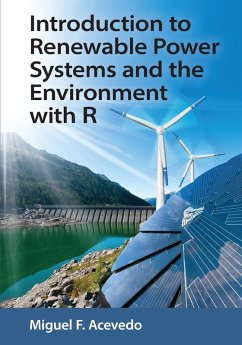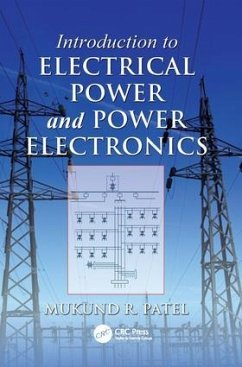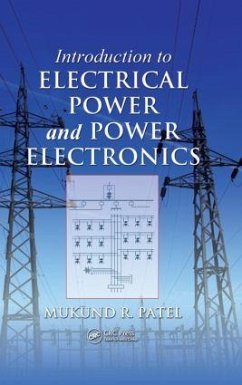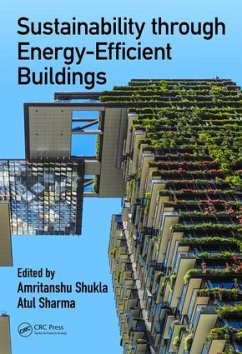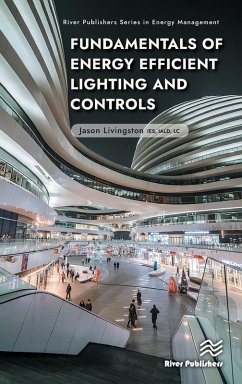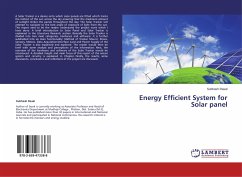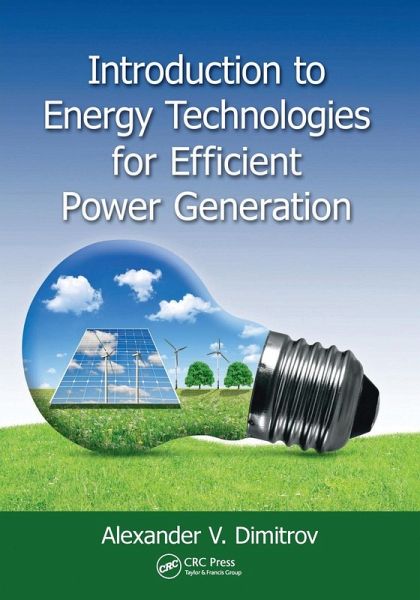
Introduction to Energy Technologies for Efficient Power Generation
Versandkostenfrei!
Versandfertig in 1-2 Wochen
60,99 €
inkl. MwSt.
Weitere Ausgaben:

PAYBACK Punkte
30 °P sammeln!
This book serves as a guide for discovering pathways to more efficient energy use. The first part of the book illustrates basic laws of energy conversion and principles of thermodynamics. Laws of energy conservation and direction of energy conversion are formulated in detail, and the types of thermodynamic processes are explained. Also included is the characterization of various types of real energy conversion. The second part of the book discusses types of energy conversion referred to as thermal-energy technologies. The advantages of the co-generation processes and devices operating within t...
This book serves as a guide for discovering pathways to more efficient energy use. The first part of the book illustrates basic laws of energy conversion and principles of thermodynamics. Laws of energy conservation and direction of energy conversion are formulated in detail, and the types of thermodynamic processes are explained. Also included is the characterization of various types of real energy conversion. The second part of the book discusses types of energy conversion referred to as thermal-energy technologies. The advantages of the co-generation processes and devices operating within the Brayton direct cycle and their adaptively to household energetics are underlined.





